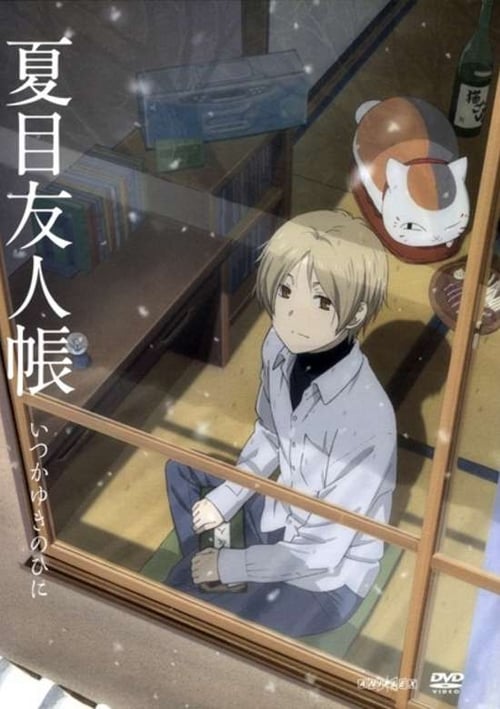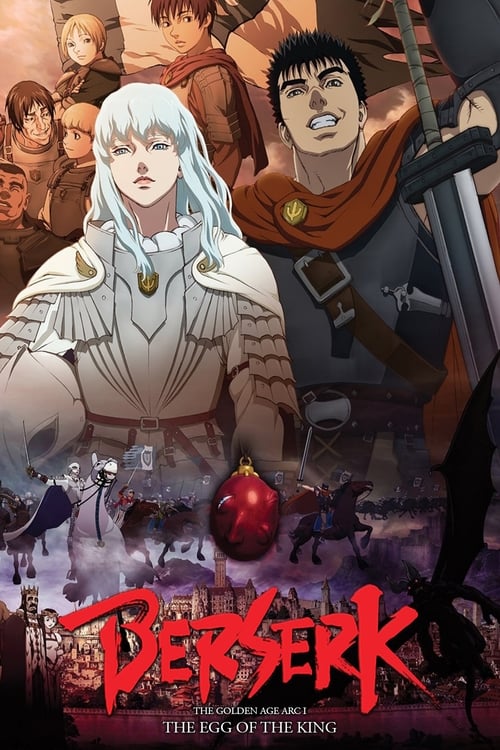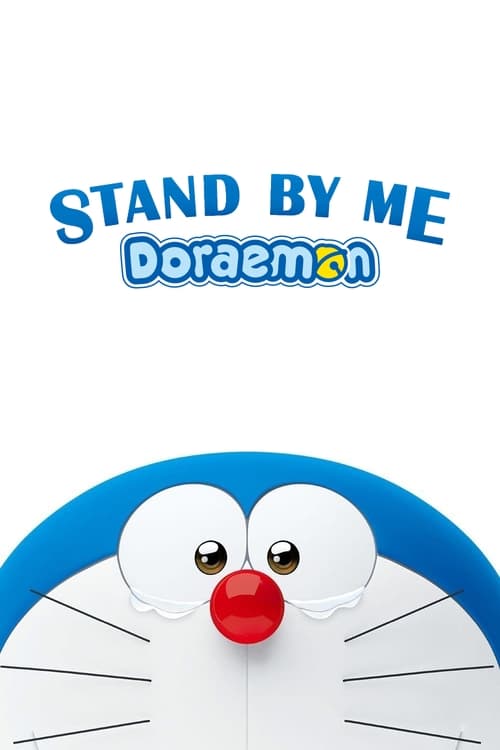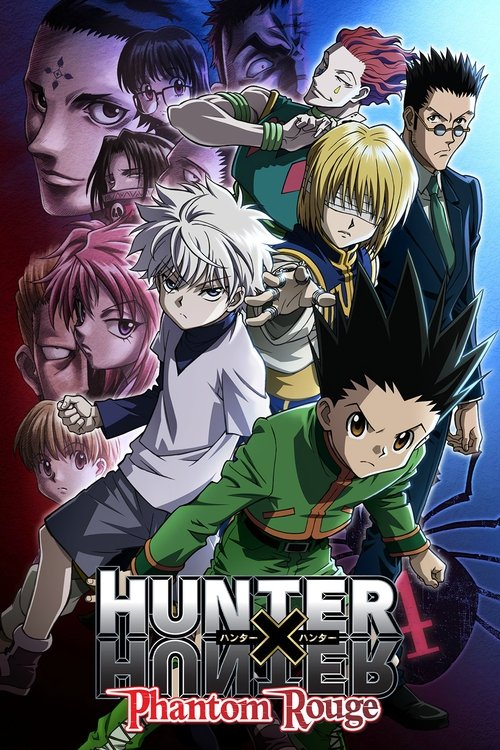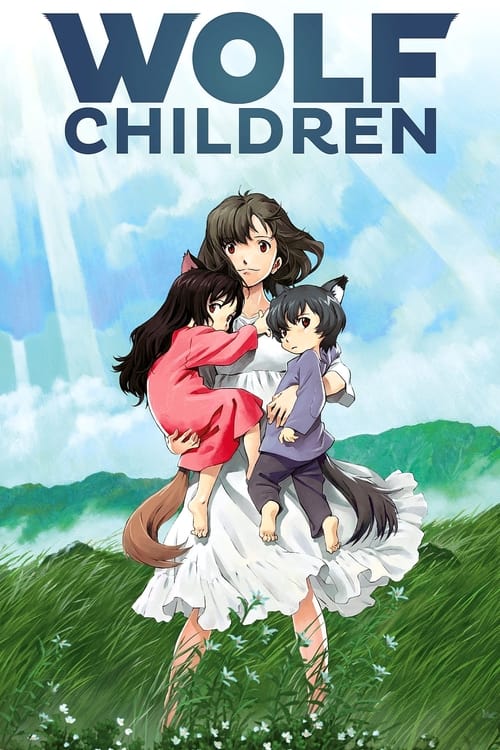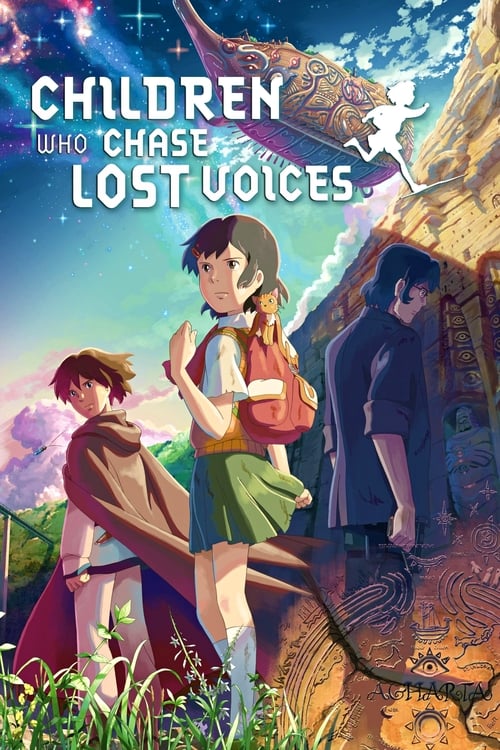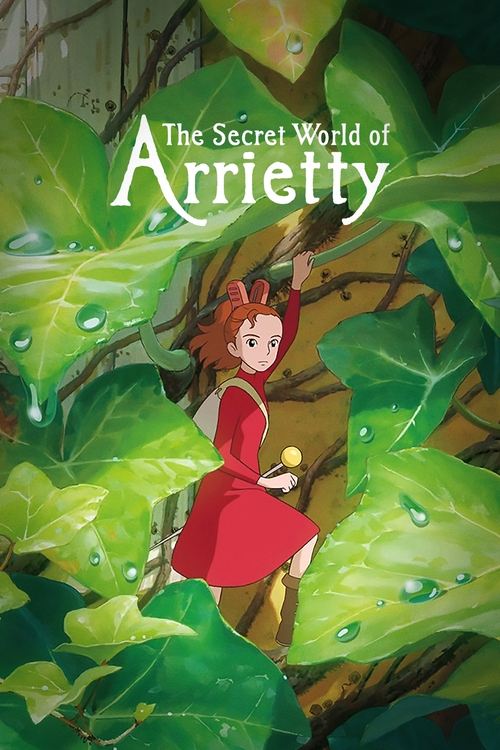
Ask Your Own Question
What is the plot?
The morning dawns softly over the Fujiwara household, the world outside blanketed in a rare, thick snow. Inside, Touko Fujiwara kneels before a closet, her breath visible in the crisp air as she searches for the old space heater. The house is quiet except for the muffled sounds of her rummaging--boxes shifting, tissue paper rustling. She pauses, holding a faded photograph, and smiles wistfully. "It's been so long since we've had snow like this," she murmurs to herself. The warmth she seeks is not just physical; it's the warmth of memories, of winters past, of family gathered close.
Takashi Natsume, her foster son, stands at the window, watching the snowflakes drift past the glass. The world outside is hushed, the countryside transformed into a pristine white expanse. Nyanko-sensei, in his usual rotund feline form, yawns and stretches beside him. "It's too cold for a walk, Natsume," he grumbles. But Natsume, drawn by the novelty and beauty of the snow, slips on his coat and scarf. "I won't be long," he says, stepping out into the quiet morning.
The snow crunches underfoot as Natsume walks, his breath forming little clouds in the air. The world feels new, untouched. He thinks of the Fujiwaras--Touko and Shigeru--who have welcomed him into their home, and of the distance he still keeps, afraid that his secret world of yokai will drive them away. Nyanko-sensei trots beside him, occasionally complaining about the cold but never straying far.
As Natsume rounds a bend in the road, he notices something unusual: a snowman, but not like any he's seen before. It's fluffier, almost alive, with eyes that seem to follow him. The snowman--no, the yokai--looks up, its expression one of longing and confusion. "Are you searching for something too?" the yokai asks, its voice echoing like wind through bare branches. Natsume hesitates, then nods. "I suppose I am. But I'm not sure what."
The yokai, who introduces himself as Mokomoko, explains that he's lost something important--something "warm and sparkly"--but he can't remember what it is. "Humans are always searching for something," Mokomoko muses. "They search, then they forget. Humans are so strange!" Natsume feels a pang of recognition. How many times has he searched for a place to belong, for someone who understands him? How many times has he forgotten what it felt like to hope?
Mokomoko's presence brings a chill--not just from the snow, but from the sadness of forgotten things. Anything he touches freezes instantly; when Natsume offers his scarf, it returns to him stiff and icy. Yet there's no malice in Mokomoko, only a deep, aching loss. The two walk together, Natsume listening as Mokomoko tries to recall what he's lost. "Maybe it was a gift," Mokomoko says. "Or a promise. Something that made me feel… warm."
As evening falls, Natsume returns home, the cold lingering in his bones. Touko greets him with a cup of tea, her eyes kind. "You look like you've seen a ghost," she jokes gently. Natsume smiles, but says nothing of Mokomoko. Upstairs, in his room, he and Nyanko-sensei huddle under blankets, the chill from Mokomoko's visit still present. "That yokai is trouble," Nyanko-sensei grumbles. "He'll freeze you solid if you're not careful." But Natsume shakes his head. "He's just lonely. Like I was."
That night, Mokomoko appears in Natsume's room, returning the frozen scarf. The air grows colder, frost creeping across the windowpane. "I still can't remember," Mokomoko admits, his voice tinged with frustration. Natsume, wrapped in blankets, asks, "What does it feel like, the thing you've lost?" Mokomoko pauses. "It's… like the sun on snow. Bright, but gentle. It made me feel… less alone."
Nyanko-sensei, ever watchful, eyes the yokai warily but does not interfere. The conversation turns to memory--how things slip away, how the past can be both a comfort and a burden. Mokomoko, drawn by the warmth of the house, drifts toward Shigeru's old memory box, which Touko had unearthed earlier. Inside are trinkets and photographs, tokens of a childhood long past. Mokomoko reaches in, and for a moment, his expression softens. "This feels… familiar," he whispers.
The next morning, the snow is fresh and untouched. Natsume, under the pretense of making the first footprints, sets out again, hoping to find Mokomoko. The countryside is silent, the air crisp. He walks, thinking of Mokomoko's words, of the things we search for and forget, of the warmth that lingers in memory.
He does not find Mokomoko again. The snowman yokai has vanished, perhaps having found what he was looking for, or perhaps still searching, somewhere beyond the visible world. Natsume stands in the snow, breath clouding the air, and realizes that the act of searching--for belonging, for understanding, for lost things--is itself a kind of warmth. The Fujiwaras' home, with its memories and kindness, is a refuge against the cold, both outside and within.
As he turns back toward the house, Natsume feels a quiet sense of peace. The snow continues to fall, covering tracks, erasing footsteps. But the memories--of Mokomoko, of his own journey, of the family that has welcomed him--remain, glowing gently in the winter light.
The story ends as it began: with snow, with silence, with the quiet beauty of a world in which humans and yokai alike search for warmth and meaning, sometimes finding it, sometimes forgetting, but always, always hoping. Natsume walks home, the crunch of snow beneath his feet, the promise of tea and a fire waiting, and the knowledge that, for now, he is not alone.
No one dies in this story. There are no violent confrontations, no betrayals, no dramatic revelations--only the gentle unfolding of memory, the ache of loss, and the quiet hope of connection. The Fujiwaras--Touko and Shigeru--remain as they were: kind, accepting, unaware of the supernatural world that touches their foster son's life. Nyanko-sensei, ever the guardian, watches over Natsume, grumbling but loyal. And Mokomoko, the snowman yokai, drifts away, his fate unknown but his presence felt in the lingering chill and the warmth of shared memory.
All secrets remain unspoken. Natsume does not reveal his ability to see yokai to the Fujiwaras; Mokomoko does not remember what he lost, only that it was something precious. The memory box, the frozen scarf, the space heater--these objects are symbols, not solutions. The story's resolution is not in answers found, but in the comfort of searching together, of knowing that loss and memory are part of what it means to be alive, human or yokai.
The final scene: Natsume stands at the threshold of the Fujiwara home, snow dusting his shoulders, the warmth of the house beckoning. He takes one last look at the winter landscape, then steps inside, closing the door on the cold, carrying with him the memory of a snowman who searched, and forgot, and in forgetting, reminded him of what it means to be home.
More Movies Like This
Browse All Movies →
What is the ending?
In the ending of "Natsume's Book of Friends: Sometime on a Snowy Day," Natsume Takashi finds himself reflecting on his relationships with both humans and youkai. He helps a youkai named Kogitsune, who is struggling with feelings of loneliness and longing for connection. Natsume's kindness and understanding allow Kogitsune to find peace, and he ultimately decides to leave behind his past and embrace a new beginning. The film concludes with Natsume feeling a sense of fulfillment and warmth, surrounded by his friends and the youkai he has come to care for.
As the film approaches its conclusion, the scene shifts to a serene, snowy landscape, where Natsume is walking through the falling snow. The atmosphere is quiet, almost ethereal, as the snowflakes dance around him. He is deep in thought, reflecting on the events that have transpired. The weight of his experiences with youkai and the connections he has forged weighs heavily on him, yet there is a sense of peace in his heart.
Natsume encounters Kogitsune, who is sitting alone, looking forlorn. The youkai's small, fox-like form is almost lost in the vastness of the snowy field. Natsume approaches him gently, sensing the sadness that envelops Kogitsune. The two engage in a heartfelt conversation, where Kogitsune reveals his feelings of isolation and his desire for companionship. Natsume listens intently, his empathy shining through as he shares his own experiences of loneliness and the importance of friendship.
As they talk, the snow continues to fall, creating a blanket of white that symbolizes both purity and the potential for new beginnings. Natsume encourages Kogitsune to let go of his past grievances and to seek out new connections, just as he has learned to do. The warmth of Natsume's words begins to thaw the icy barrier around Kogitsune's heart, and a flicker of hope ignites within him.
In a pivotal moment, Kogitsune decides to embrace the change that Natsume has inspired in him. He stands up, his posture shifting from one of defeat to one of determination. The transformation is subtle yet profound, as he begins to understand that he is not alone in the world. Natsume watches with a sense of pride and relief, knowing that he has made a difference in Kogitsune's life.
As the scene unfolds, Kogitsune takes a step forward, leaving behind the shadows of his past. The snow continues to fall, but now it feels like a gentle blessing rather than a cold reminder of solitude. Natsume smiles, feeling a deep sense of fulfillment as he witnesses Kogitsune's transformation. The bond they have formed is palpable, and it signifies the power of understanding and compassion.
The film concludes with Natsume returning home, where he is greeted by his friends, including the youkai Madara (Nyanko-sensei). The warmth of their camaraderie envelops him, contrasting beautifully with the coldness of the snowy day outside. Natsume's heart is full, and he realizes that he has created a family not just with humans but also with the youkai he has come to know and love.
In the final moments, as Natsume looks out at the falling snow, he feels a sense of hope for the future. The film closes on a note of optimism, emphasizing the themes of connection, acceptance, and the importance of forging bonds with others, regardless of their nature. Each character, especially Natsume and Kogitsune, has grown through their experiences, and the ending leaves the audience with a sense of warmth and possibility.
Is there a post-credit scene?
In "Natsume's Book of Friends: Sometime on a Snowy Day," there is no post-credit scene. The film concludes with a poignant and reflective ending that encapsulates the themes of friendship and connection between humans and youkai. After the main story unfolds, the credits roll without any additional scenes or content following them. The focus remains on the emotional resolution of the characters and the warmth of their relationships, leaving the audience with a sense of closure and contemplation rather than a teaser or continuation of the story.
What is the significance of the snowy setting in the movie?
The snowy setting in 'Natsume's Book of Friends: Sometime on a Snowy Day' serves as a backdrop that enhances the emotional tone of the story. The snow symbolizes both isolation and beauty, reflecting Natsume's internal struggles and his connection to the youkai and spirits around him. The quiet, serene landscape contrasts with the emotional turmoil he faces, particularly in his relationships with both humans and youkai.
How does Natsume's relationship with Nyanko-sensei evolve in this film?
In this film, Natsume's relationship with Nyanko-sensei deepens as they navigate the challenges posed by the snowy environment and the emotional weight of their past experiences. Nyanko-sensei, who often provides comic relief, shows a more protective and caring side, emphasizing the bond they share. Their interactions highlight Natsume's growth as he learns to trust and rely on Nyanko-sensei, showcasing a blend of humor and heartfelt moments.
What role do the youkai play in the story, particularly in relation to Natsume?
The youkai in 'Sometime on a Snowy Day' serve as both a source of conflict and companionship for Natsume. They represent the complexities of his ability to see spirits, which isolates him from others but also connects him to a world that few can understand. The film features specific youkai that challenge Natsume's perceptions and force him to confront his feelings of loneliness and acceptance, ultimately leading to moments of understanding and empathy.
What is the significance of the book of friends in this film?
The book of friends, which contains the names of youkai that Natsume's grandmother had bound to her service, plays a crucial role in the film. It symbolizes Natsume's struggle with his heritage and the weight of expectations placed upon him. Throughout the story, he grapples with the decision to either continue his grandmother's legacy or forge his own path, leading to moments of introspection and growth as he learns the importance of connection and friendship.
How does Natsume's emotional state affect his interactions with other characters?
Natsume's emotional state is fragile throughout the film, influenced by his feelings of loneliness and the burden of his abilities. This affects his interactions with both human and youkai characters, as he often hesitates to open up or trust others. His internal conflict is palpable, leading to moments of vulnerability that allow for deeper connections, particularly with Nyanko-sensei and the youkai he encounters, ultimately pushing him towards acceptance and understanding.
Is this family friendly?
"Natsume's Book of Friends: Sometime on a Snowy Day" is generally considered family-friendly, but there are a few elements that might be potentially objectionable or upsetting for children or sensitive viewers.
-
Themes of Loss: The film explores themes of loss and longing, particularly through the character of Natsume and his interactions with spirits. This can evoke feelings of sadness.
-
Emotional Struggles: Characters experience emotional turmoil, including feelings of loneliness and isolation, which may resonate deeply with some viewers.
-
Supernatural Elements: The presence of spirits and youkai may be unsettling for younger children who are sensitive to supernatural themes.
-
Mild Tension: There are moments of tension and conflict that may be intense for some viewers, particularly in scenes where characters face difficult choices or confront their fears.
Overall, while the film is heartwarming and carries positive messages about friendship and understanding, these elements may require parental guidance for younger audiences.

